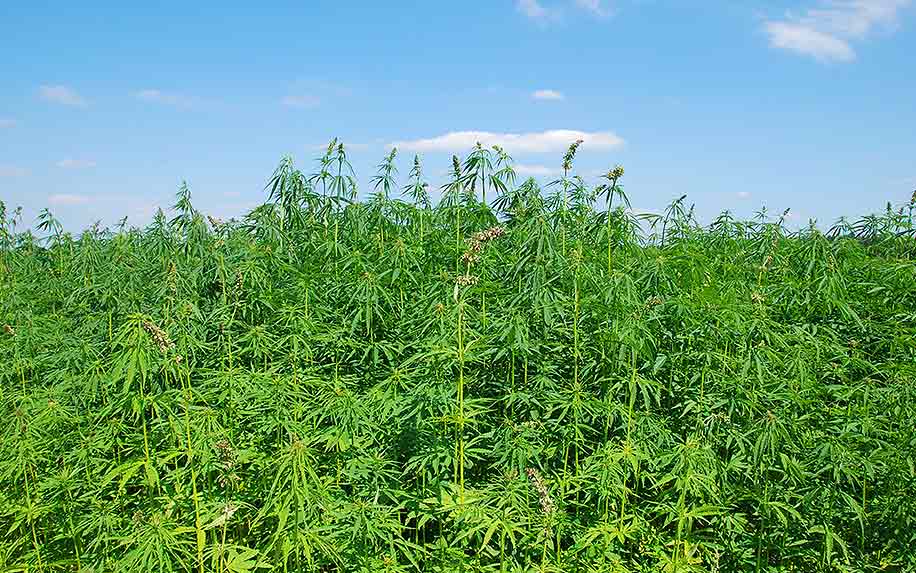Introduction
CBD, short for cannabidiol, has gained significant attention in recent years for its potential health benefits and therapeutic properties. Derived from the cannabis plant, CBD is a non-psychoactive compound that is believed to offer a range of advantages for various health conditions. In this comprehensive guide, we will explore the facts about CBD, its effects on the body, its potential uses, and other important information you should know.
CBD and THC
CBD and THC (tetrahydrocannabinol) are both compounds found in the cannabis plant, but they have different effects on the body. Unlike THC, which is responsible for the psychoactive effects of marijuana, CBD does not produce a “high” or alter one’s state of mind. This makes CBD an appealing option for those seeking therapeutic benefits without the intoxicating effects associated with THC.
How CBD Works
The human body has an endocannabinoid system (ECS) that plays a crucial role in regulating various physiological processes, including pain sensation, mood, appetite, sleep, and immune function. CBD interacts with the ECS by influencing cannabinoid receptors, such as CB1 and CB2 receptors, which are found throughout the body. By modulating the activity of these receptors, CBD may help maintain balance and promote overall well-being.
Potential Health Benefits
CBD has been studied for its potential therapeutic effects on a wide range of health conditions. While research is still ongoing, some studies suggest that CBD may have anti-inflammatory, analgesic (pain-relieving), anxiolytic (anti-anxiety), and neuroprotective properties. It has shown promise in managing conditions such as chronic pain, anxiety disorders, epilepsy, sleep disorders, and even certain forms of epilepsy. However, it’s important to note that more research is needed to fully understand the potential benefits of CBD and its optimal use for specific conditions.
Legal Status
The legal status of CBD varies from country to country and even within different states or regions. In some places, CBD products derived from hemp (with less than 0.3% THC content) are legal, while CBD products derived from marijuana may be subject to stricter regulations. It is essential to research and understand the laws and regulations regarding CBD in your specific location before purchasing or using any CBD products.
CBD Products
CBD is available in various forms, allowing individuals to choose the method that best suits their needs and preferences. Common CBD products include oils, tinctures, capsules, edibles (such as gummies and chocolates), topicals (creams, lotions, and balms), and vaping liquids. Each product has its own onset time and duration of effects, so it’s important to consider factors such as desired dosage, convenience, and personal preference when selecting a CBD product.
Quality and Safety
When purchasing CBD products, it’s important to prioritize quality and safety. Look for products that are derived from organically grown hemp, as this reduces the risk of exposure to pesticides, herbicides, and other potentially harmful chemicals. Third-party testing is also crucial to ensure the potency and purity of CBD products. Reputable manufacturers will provide a certificate of analysis (COA) from an independent laboratory, confirming the product’s cannabinoid content and absence of contaminants.
Side Effects and Drug Interactions:
Although CBD is generally well-tolerated by most people, it can cause side effects in some individuals. Common side effects include drowsiness, dry mouth, diarrhea, and changes in appetite or weight. CBD may also interact with certain medications, so it’s important to consult with a healthcare professional before using CBD if you are taking any prescription medications or have underlying medical conditions.
Dosage and Usage
Determining the appropriate dosage
and usage of CBD can be a complex process. There is no one-size-fits-all dosage, as it can vary depending on factors such as the individual’s body weight, the severity of the condition being treated, and the method of administration. It is advisable to start with a low dosage and gradually increase it until the desired effects are achieved. Consulting with a healthcare professional experienced in CBD use can provide personalized guidance and help determine the optimal dosage for your specific needs.
Drug Testing
While CBD itself is unlikely to cause a positive result on a drug test that screens for THC, it’s important to note that some CBD products may contain trace amounts of THC. If you have concerns about drug testing, it is advisable to use CBD products that are labeled as THC-free or undergo additional processing to remove THC. However, it’s crucial to remember that the legality of THC-free CBD products may vary depending on your location.
Research and Future Potential
As interest in CBD continues to grow, so does the need for further research. While there is a growing body of evidence supporting the potential benefits of CBD, it is still an area of ongoing study. Researchers are investigating its effects on various health conditions, exploring optimal dosing strategies, and examining potential interactions with other medications. Continued research will help expand our understanding of CBD and its potential applications. In
Conclusion
CBD is a non-psychoactive compound derived from the cannabis plant that shows promise for various health conditions. It interacts with the body’s endocannabinoid system and may offer anti-inflammatory, analgesic, anxiolytic, and neuroprotective effects. CBD is available in different forms, and its legal status varies depending on the jurisdiction. When purchasing CBD products, it’s important to prioritize quality, safety, and third-party testing. It’s advisable to consult with a healthcare professional before using CBD, especially if you are taking other medications or have underlying medical conditions. While more research is needed, CBD’s potential health benefits and therapeutic properties make it an area of ongoing interest and study.

